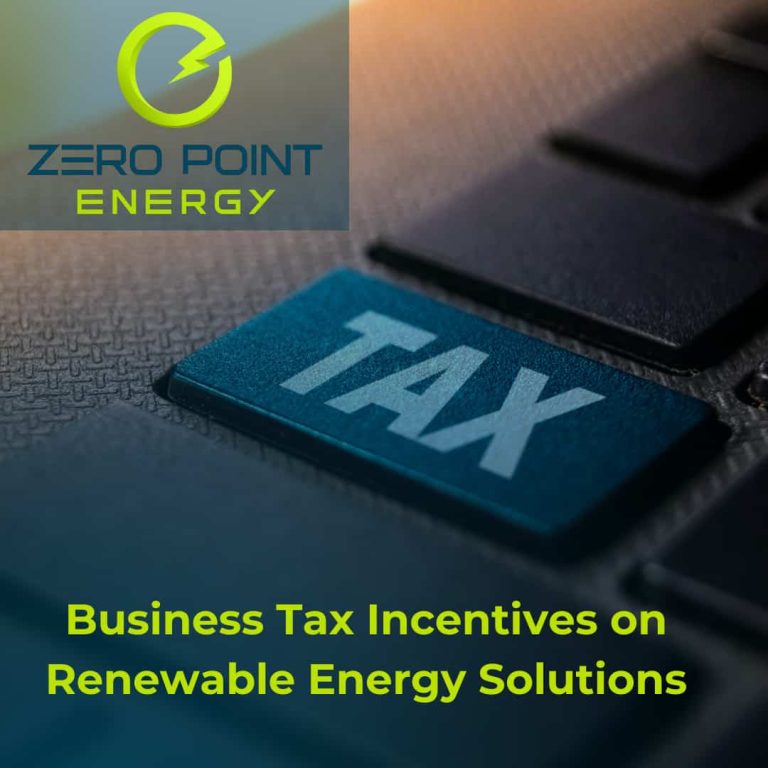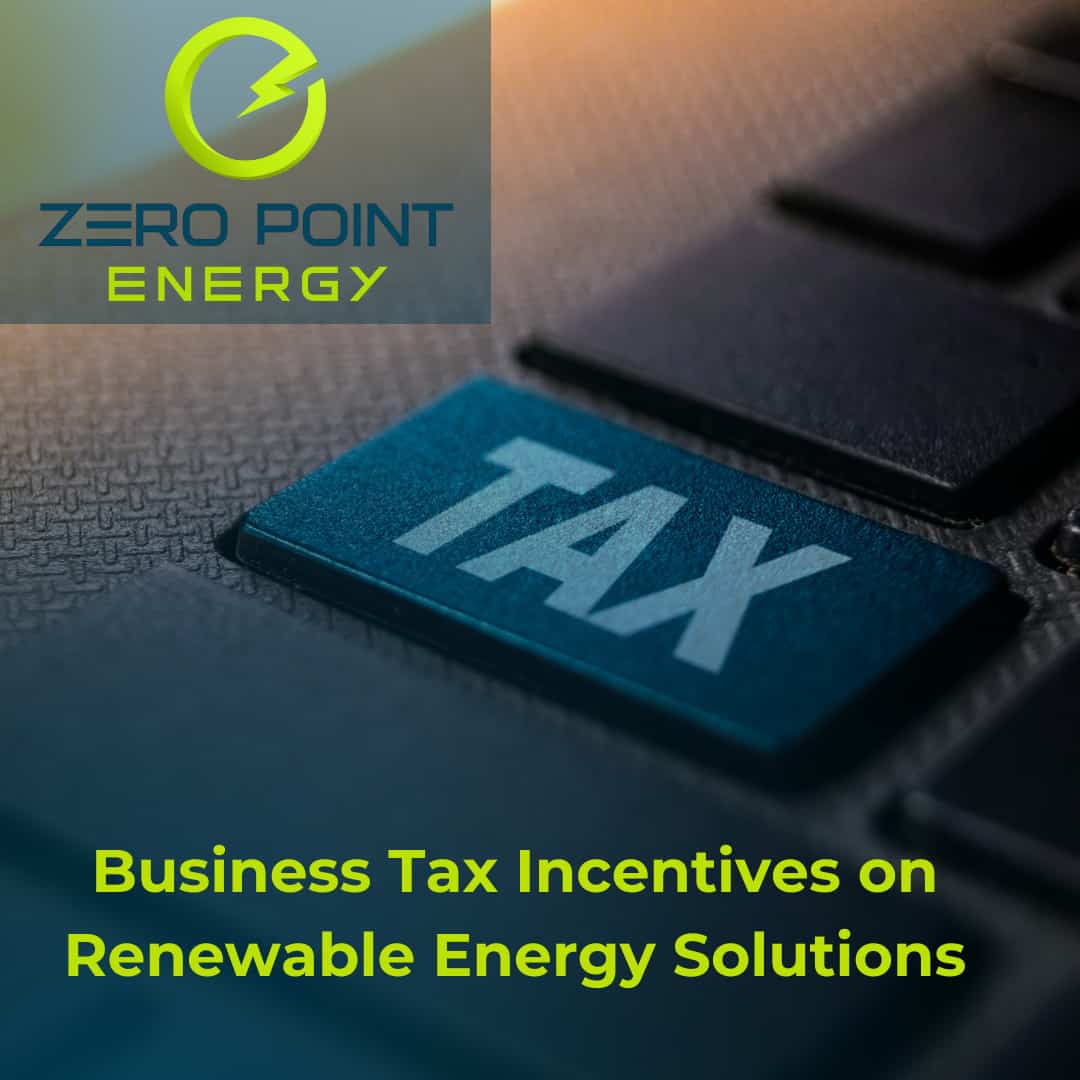
Renewable Energy Incentives: How the tax rebate on renewable energy solutions work for businesses in South Africa
In the face of mounting energy challenges, governments worldwide are turning to renewable sources as a solution. South Africa, in its bid to spur private investment and combat the energy crisis, has introduced a significant expansion to its existing tax incentive program. This move aims to fast-track the adoption of renewable energy technologies while providing substantial benefits to businesses.
The expanded incentive, rooted in Section 12B of the Income Tax Act, marks a departure from conventional approaches. Originally, this provision allowed businesses to deduct a portion of their capital expenditure over several years. However, the revamped scheme introduces sweeping changes that promise to revolutionise the landscape of renewable energy investments. The rebate will be available to businesses till February 2025.
Let’s delve into the key highlights of this expanded incentive:
125% Deduction in the First Year:
Unlike the previous scheme, where deductions were spread over multiple years, businesses can now claim a hefty 125% deduction in the very first year. This accelerated depreciation ensures that the benefits are realised upfront, providing an immediate boost to businesses investing in renewable energy assets.
No Capacity Thresholds:
In a notable departure from the previous guidelines, there are no restrictions based on the size of renewable energy projects. Whether it’s a small-scale solar installation or a large wind farm, all qualifying investments stand to benefit from the expanded incentive.
Temporary Stimulus Measure:
Recognizing the urgency of the energy transition, the expanded incentive is designed as a short-term stimulus measure. It applies to investments brought into use between March 1, 2023, and February 28, 2025, aiming to catalyse investment activity within this limited time frame.
Universal Applicability:
The expanded incentive covers a wide spectrum of renewable energy projects, encompassing wind, solar, hydropower, biomass, and more. Another positive is the possibility of including energy storage systems such as batteries if they are incorporated into the renewable energy project and can be justified to enhance renewable energy generation. This inclusive approach ensures that businesses across various sectors can leverage the benefits, fostering a diversified and sustainable energy ecosystem.
To illustrate the tangible impact of this incentive, let’s consider a hypothetical scenario:
Example:
A business decides to invest R1 million in a renewable energy project during the qualifying period. Under the expanded incentive, they can claim a deduction of R1.25 million against their taxable income. Assuming a corporate tax rate of 27%, this deduction translates to a reduction in tax liability by R337,500 in the first year alone. This essentially translates into a 33.75% discount on the purchase price of the renewable energy asset assuming the business generates a net positive profit greater than the tax liability in that year.
This substantial tax relief not only incentivizes businesses to accelerate their investments in renewable energy but also aligns with broader national objectives of transitioning towards a cleaner and more resilient energy infrastructure.
For more information on FAQ visit the link here.
In conclusion, the expanded tax incentive for businesses represents a pivotal step towards driving sustainable development and addressing pressing energy challenges. By unlocking new opportunities and mitigating financial barriers, it empowers businesses to embrace renewable energy solutions with renewed vigour. As we navigate the complexities of the modern energy landscape, initiatives like these serve as beacons of hope, guiding us towards a brighter and greener future.



